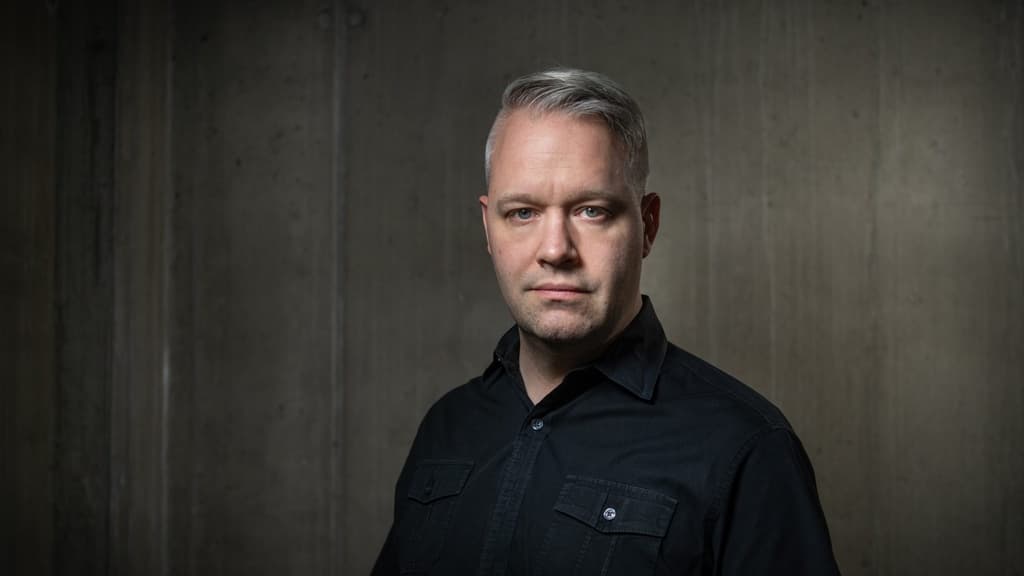The Swedish government has said yes. Now the EU's proposed internet surveillance law "chat control" will be discussed in the EU.
But it is still highly unclear how the law will look, and above all how compliance will be controlled.
Måns Jonasson is an internet expert at the Internet Foundation. This is how he answers some of the most common questions:
What is "chat control"?
It is the name given to the proposal that comes from Ylva Johansson (Sweden's EU Commissioner). It's about finding a new way to stop the flow of what is called child abuse material.
Why is the proposal heavily criticised?
One problem for the police today is that almost all modern communication tools are encrypted. Therefore, impossible for anyone outside to read.
Now they want to be able to scan our phones even before we send the images. To force various types of service providers, such as Facebook, Instagram or Apple, to install backdoors.
Advertisement
This is what is seen as insecure. How will this scanning be done in a secure way? If I take a picture of my children on the beach and suddenly I get flagged by the police because it could be identified as child abuse material. Teenagers who send nude pictures to each other, will they also get flagged? There are a thousand unanswered questions here. And this is before we even start talking about: Is it reasonable that all citizens' mobile phones and all images are monitored by the police to stop this?
Will authorities be able to check what I've written to my friends without me knowing?
Yes, that's what could be the effect. No one knows exactly how this will work. There is no technical description yet, and it's probably what scares most; that laws and regulations are being passed without even knowing how to implement them safely.
Who will decide when something needs to be checked?
Yes, it's unclear. And it's precisely these questions that there are no answers to. They're rushing through a social package to protect children without really thinking through the consequences.
Is there a risk that this law will be used for other purposes than just stopping child pornography?
Absolutely. Somewhere this is about all our information, our private pictures and films, being monitored by authorities and police. And it goes without saying that maybe they don't want that for other reasons either.
If you open such a backdoor, will it also become easier for other states to access our phones?
Yes, absolutely. There have been plenty of examples of that. Once you've built in such a backdoor, it will be exploited by malicious forces.
The proposal is supposed to apply to apps where there is a high risk of child pornography being spread. Which apps are those?
If you're a paedophile, you'll want to hide this activity. If you know that certain apps are being monitored, you'll naturally choose other apps. Then the question is why we should do it at all. Then it's only us innocent people who are affected.






